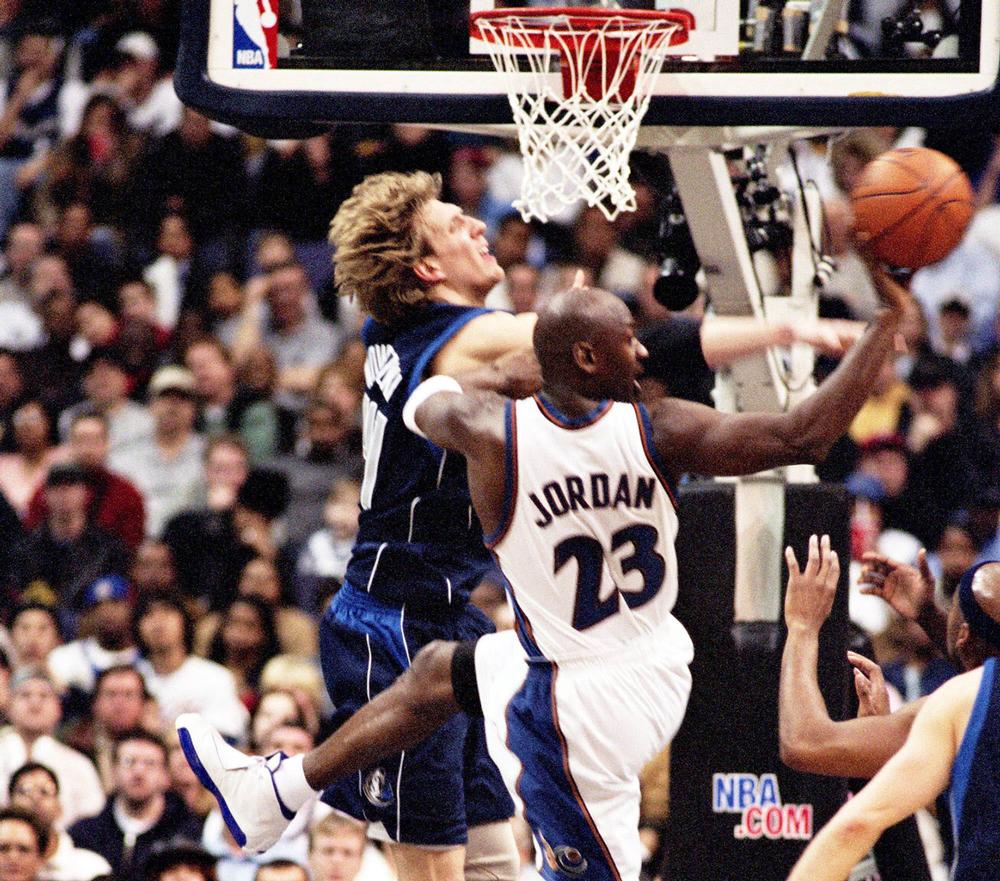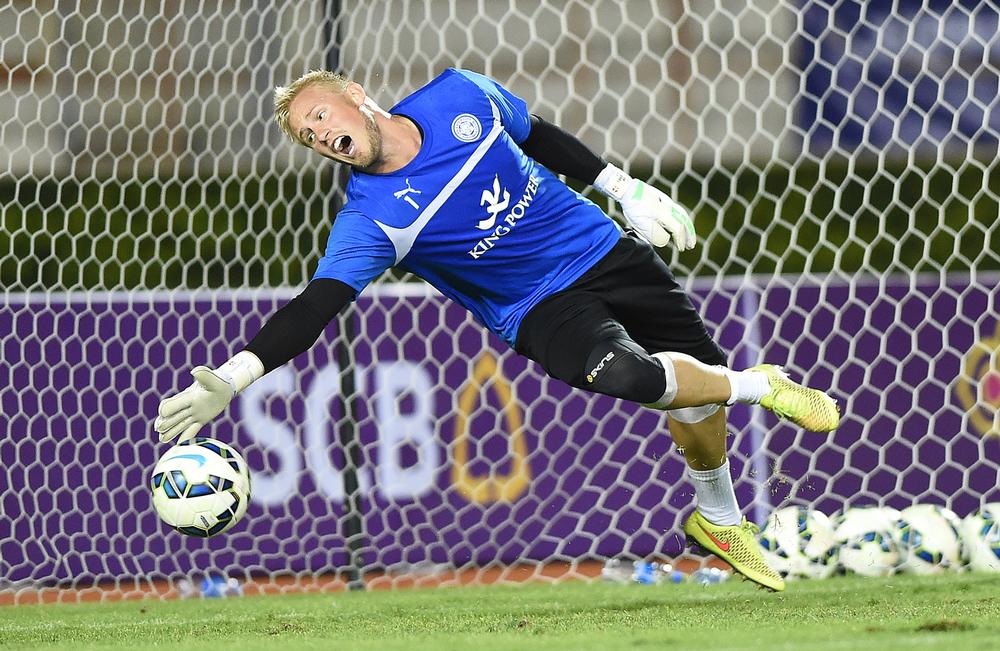How does AI assist the sports industry?
Many of us rely on AI-based technology without even knowing it. For example, when we use Google Maps, it gives us an estimate of a route and time it takes to get to a destination by using AI. Or when we order an Uber or Lyft, it connects us to a driver and calculates the fare.
These are examples of assistive technology – enabling people to make easier/better/quicker decisions, and they not only emulate but sometimes surpass what humans can do.
The reason these companies are able to achieve this ‘super human’ capability, is that they’ve utilised an enormous amount of data. The more data you have, the better your AI technology will be - simple as that.
When it comes to the sheer volume of data in the sports industry – both historically in terms of capturing all games played, and also in terms of granularity (details of locations and times of games played) – no other company has the volume of sports data we have at Stats Perform.
We cover all sports and we capture details of them at a depth no other company does, which positions us as the best sports AI company.
The goal of our AI technology is to help all segments of the sports industry to make better and quicker decisions, as well as to do things they couldn’t beforehand.
Can you give us an example?
Football (soccer) is a hard sport to analyse because it’s low-scoring, continuous and strategic. For these reasons, the current statistics used, such as possession percentage, number of passes, corners and tackles, don’t correlate with goals scored and who won the match.
Our AI-based metrics, such as expected goals, quality of passes and playing styles, correlate far more accurately with the number of goals scored when compared with standard statistics. Our AI metrics measure performance better.
Using these AI tools, we were able to show how UK team Leicester City won the 2015-16 English Premier League title. Basically, it wasn’t the goal-scoring exploits of players Jamie Vardy or Riyad Mahrez that won the game, the result was down to goalkeeper, Kasper Schmeichel, who saved five more goals than the average Premier League goalkeeper, and their defenders who intercepted the most 50-50 balls – especially midfielder Ngolo Kante.
What else can your software do?
There are things in football that can’t be measured reliably by humans, such as a team’s formation.
Using our AI techniques – most notably our unsupervised clustering method – we can automatically find a team’s formation at every frame of a match. We’re very proud of this, as we’re the first group to be able to do this and it’s a central feature of our Edge football software.
Outside football, we‘ve also recently launched a couple of new AI-based products for analysing NFL and NBA, called VQ and Insights.
The VQ (victory quotient) system, uses our wealth of data in both the NBA and NFL, as well as our deep learning models to provide predictions of performance of every player in every match. That’s the power of AI, as we can scale our models to provide these predictions for every match being played.
Additionally, we’ve launched our Insights Live product, which provides notable information during every match using our deep data, in tandem with our natural language generation platform, which is another great example of using AI to scale and provide information where it wasn’t previously available.
How is AI changing the world of sports for consumers and competitors?
The reason sport is so compelling is that it’s played and coached by humans who are constantly making decisions in the heat of the moment – often the wrong decision.
Every single decision that a coach or player makes can be broken down, analysed and debated and at Stats Perform, we have the data on every decision coaches and players make, which means that by using our AI technology, we can provide objective analysis on each decision.
This is compelling for front-offices as we now have a better measure of performance.
It’s the same for audiences at home. Every sports event is now a talking point and we can make it even more compelling by providing a reliable prediction service for consumers.
Our AI technology is also the ultimate decision analysis tool, enabling everyone associated with the sports world to make better decisions.
Sports are increasingly being broadcast and consumed via mobile and the internet and this means raw and AI-based metrics are required to make more interactive and compelling experiences.
How can AI maximise old data?
We have the most sports data on the planet. To continually improve, we want to collect even more, with a granularity that a human could not do manually. That’s how our AutoStats functionality works.
This utilises computer vision, which captures a player’s skeleton from a broadcast video frame and then provides player tracking and event data.
Our goal is to collect tracking data from every sports video that has ever existed – which essentially enables us to travel back in time.
Take basketball as an example: tracking systems were not available in the 80s or 90s, so capturing the performance of Michael Jordan has not been possible... until now.
Using AutoStat, we can capture data from historical videos, enabling us to do comparisons of players across eras.
Will AI take the magic out of sport?
I get asked that question often. My honest belief is that we’re making sports better. Instead of it being a mere athletic endeavour (ie, the fastest and strongest prevail), we’re adding a cognitive dimension to the equation, where players and coaches have to also hone and perfect their cognitive function to best prepare for (and predict) the strengths and weakness of opponents.
How will AI change sport?
Currently top professional athletes receive the best analysis and coaching. AI technology will democratise this to the point that everyone, whether amateur or professional, kid or adult, can receive the best analysis and coaching for free.
More: StatsPerform.com
























































